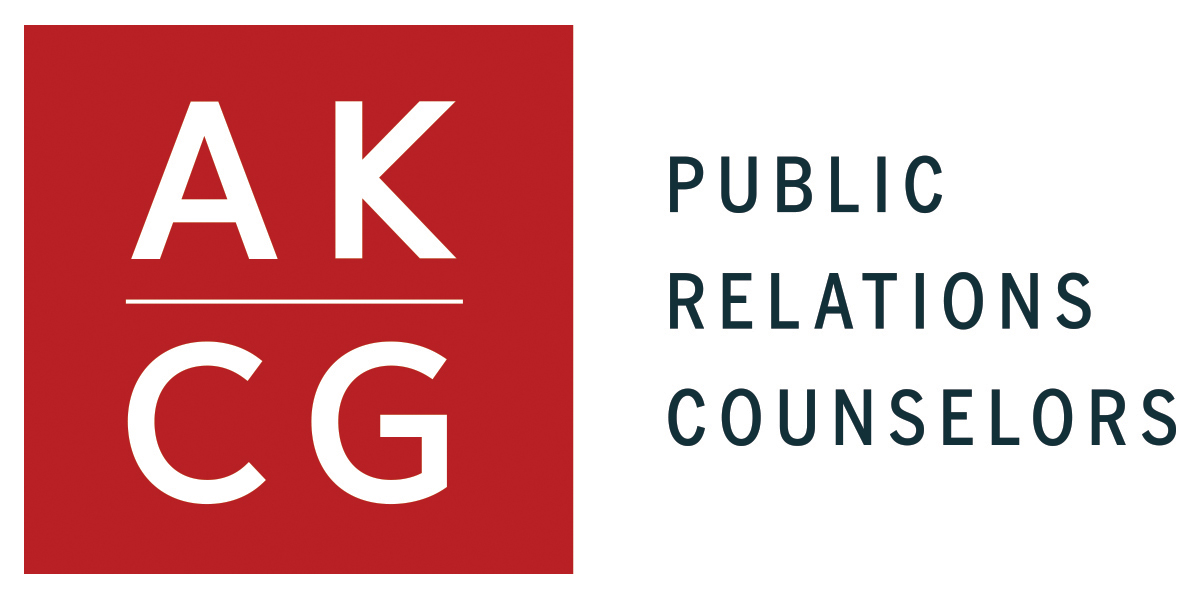Independent schools face numerous challenges that can potentially disrupt their operations and reputation. From staff turnover, employee misconduct, cyber-attacks and more, schools need to be prepared to effectively manage and mitigate the impact of these crises.
Developing a foresighted crisis management plan is essential to ensure the safety of students and staff, maintain trust and goodwill, and safeguard the institution’s reputation.
We will explore six key steps in creating a crisis management plan for independent schools and examine the resources available to help manage crises when they arise.
Step 1: Identify Potential Crisis Scenarios
The first step in developing an effective crisis management plan is identifying potential scenarios that could affect those in your school community, such as students, parents, staff, board members, and alumni. This involves conducting a comprehensive vulnerabilities audit, considering internal and external factors. Internal risks may include incidents such as claims of abuse, harassment or discrimination;, faculty misconduct, allegations of mission drift; or other reputational crises. External risks may consist of natural disasters; threats to people, property or operations; cyber security breaches; or public health emergencies.
By identifying potential crisis scenarios, schools can develop specific strategies and processes to communicate about each situation swiftly and effectively. In this process, it is important for school leadership to coordinate with other administrators, key staff, legal counsel, local officials and emergency responders to ensure a comprehensive understanding of potential risks.
What crises are independent schools typically most affected by?
Independent schools can face a variety of crises that have the potential to impact their operations and reputation. No two crises are the same, but any threat to trust and reputation should be given appropriate attention and consideration. Some common areas of risk that independent schools encounter include:
- Cultural Challenges: Schools, specifically school leadership, can and do face criticisms that their actions and decisions are misaligned with the unique culture and feel of the school that families, faculty and alumni know and love. This can present as anything from accusations of favoritism, inadequate or insincere DEI efforts, criticism of health and wellness services, or vague and nonspecific claims of mission drift.
- Academic Challenges: With families, alums, Trustees and others all deeply invested in the success of the school, concerns about the strength and quality of academics are ever-present. Whether addressing sudden (or slow) dips in admission, or culture war controversies seeping into the classroom, independent school leaders would do well to have thoughtful and authentic communication plans.
- Natural Disasters: Independent schools can be vulnerable to natural disasters such as hurricanes, floods, earthquakes, or wildfires. These events can cause damage to school buildings, disrupt operations, and pose risks to the safety of students and staff.
- Safety & Security Risks: Security risks such as bomb threats, threats or violent incidents, harassment or abuse, or cyber-attacks can occur at independent schools. These crises require schools to have comprehensive and consistent practices in place –including emergency response protocols, mandated reporting channels, lockdown procedures, and communication systems – to respond to these incidents promptly, support those affected, and address any legal or ethical concerns
- Financial Challenges: Independent schools may face financial crises due to factors such as declining enrollment, budget deficits, or unforeseen economic challenges and recessions. These crises can impact the school’s ability to provide quality education, retain staff, or maintain necessary resources.
- Reputation Crises (Real or Imagined): Threats to a school’s reputation need not be active threats to people or property. Anything that disrupts your operations or distracts from your mission should be given ample attention and consideration. These can be troublesome dialogues on social media, negative media coverage, or controversies surrounding school policies or decisions. These crises can significantly damage a school’s reputation and require a strategic response to manage public perception and rebuild trust.
The trust you hold with your key stakeholders is drawn from one bank of goodwill, and how you respond to and communicate about a given issue can add to or erode that trust. So it is important for independent schools to be prepared for any potential crises, big or small, fast or slow-moving. By implementing proactive crisis management plans, establishing effective communication channels, and regularly reviewing and updating strategies to address emerging risks, you can minimize the impact of crises and protect the well-being of their students, staff, and brand reputation.
Step 2: Establish a Crisis Management Team
Independent schools should establish a crisis management to oversee the implementation of the crisis management plan. This team should include representatives from various departments within the school, such as administration, communications, security, and student support services. A designated spokesperson should lead this team and serve as the main point of contact and decision-maker, being fully prepared to respond swiftly and effectively in a crisis situation.
AKCG offers spokesperson training tailored specifically for independent schools, which can help the selected spokesperson navigate media interactions confidently and effectively. Our comprehensive media training covers message development, crisis communication strategies, and interview techniques.
Step 3: Develop Communication Protocols
Effective communication is crucial during a crisis. Schools should establish clear communication protocols that outline how information will be shared internally and externally. The designated spokesperson would then communicate with the media and other external stakeholders.
Internal communication protocols might include methods for notifying students, parents, and staff about the crisis, providing regular updates on the situation, and offering resources for support. External communication protocols should address best practices for independent school media relations, including responding to media requests, drafting press releases, coordinating interviews, and managing social media channels.
Step 4: Create a Communications Plan
In times of crisis, responding swiftly is key, as delays in communication or decision-making can exacerbate the situation and hinder the school’s ability to manage the crisis effectively. Crisis communications responses are most effective when they are well-thought out, planned in advance and have taken into consideration the unique needs of the school, such as campus size, age of students and school history.
A crisis communication plan should outline what you might say, what audiences you should prioritize, who the most appropriate spokespersons are and anticipate follow-up questions, such as how you might prevent similar situations from occurring in the future. Ultimately, this preparedness helps the school to navigate the crisis with agility, while acting ethically and transparently, and protecting the interests of the students, staff, and the overall reputation of the institution.
Step 5: Monitor and Evaluate
Implementing a crisis management plan is a process that takes time and effort. Schools should continuously monitor and evaluate their plan to identify areas for improvement. Evaluating a plan includes conducting post-crisis debriefings, gathering feedback from stakeholders, and updating the plan accordingly.
Additionally, schools should stay informed about emerging risks and trends that may impact their crisis management strategies. Regularly communicating with relevant organizations, attending industry conferences, or engaging with crisis management consultants can do this.
In Conclusion
The team at AKCG wants to help your institution effectively prepare for potential crises. We support independent schools that invest in crisis planning proactively.
With us as your partner, we will develop a comprehensive media relations and crisis communications plan that will play a vital role in your school’s long-term success and sustainability.





